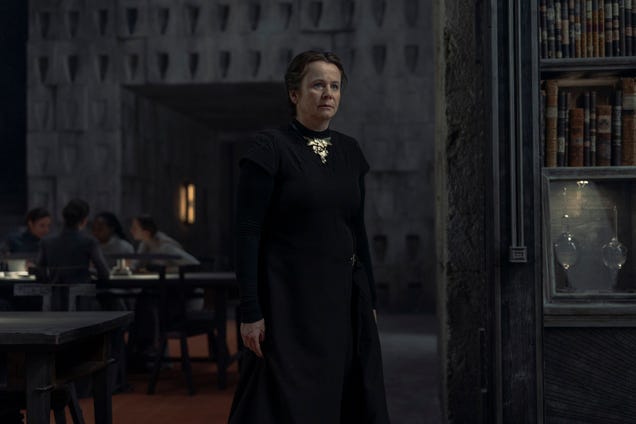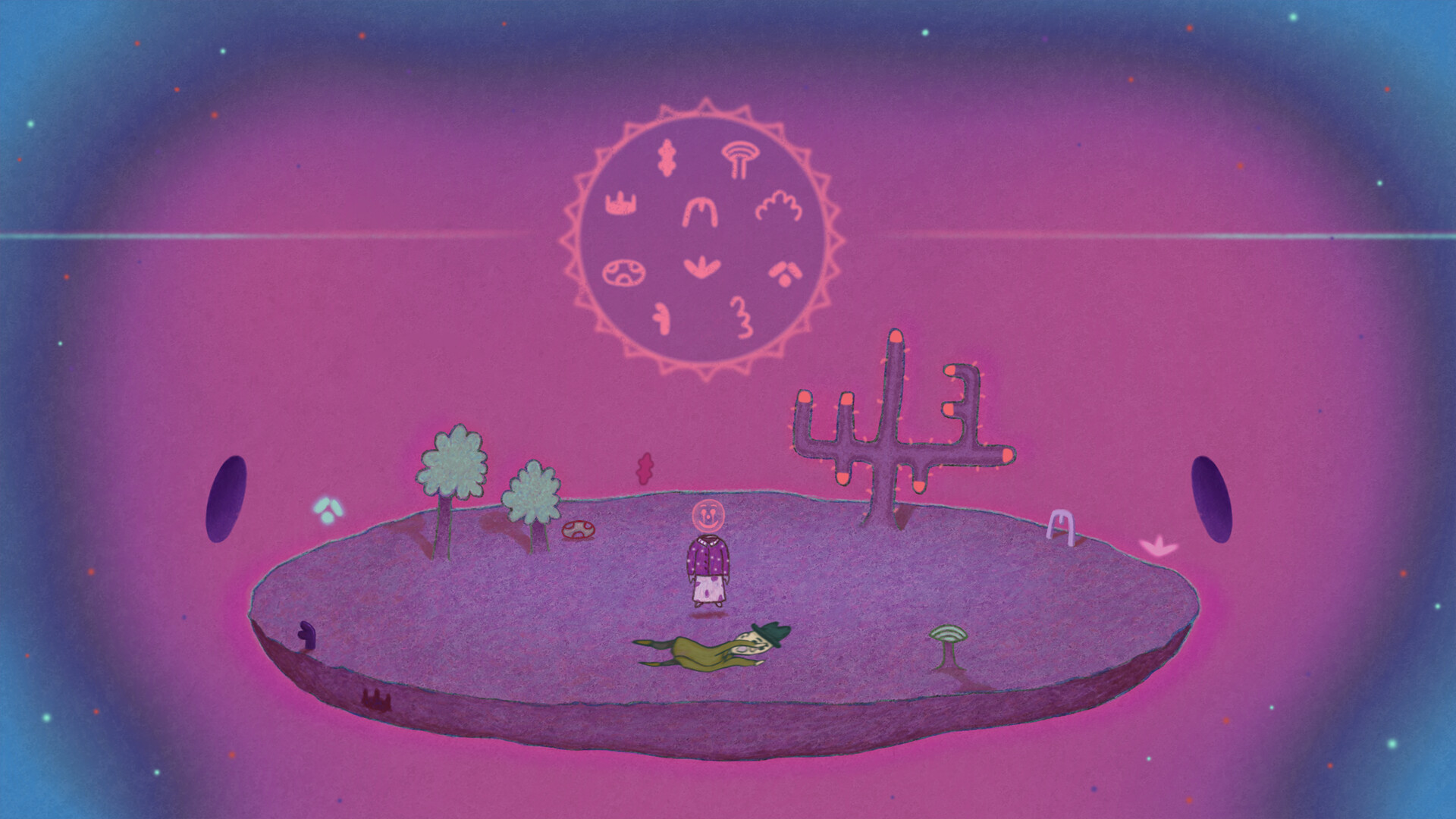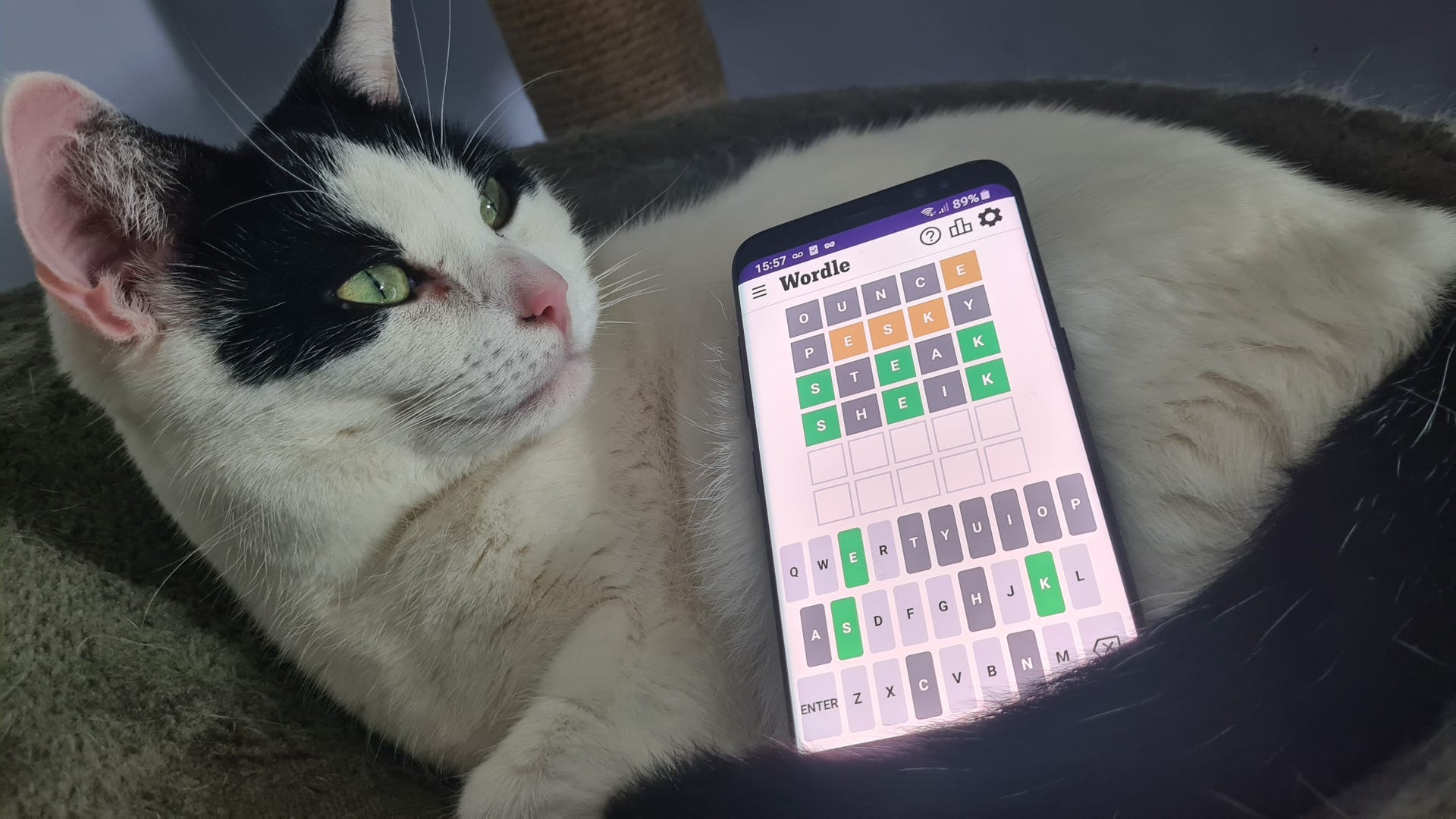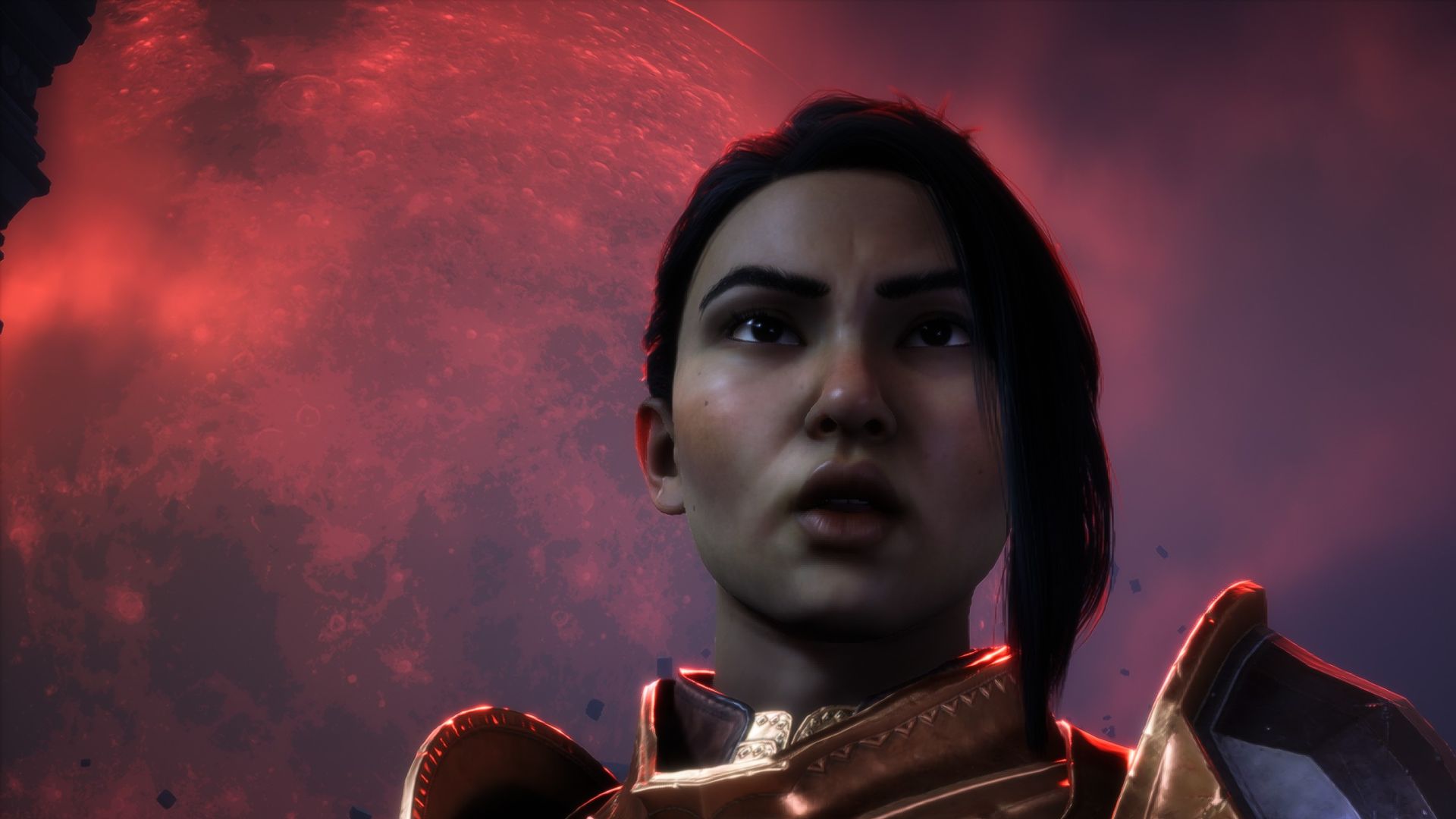
Grab Your Key and Learn About Fast-Paced, Lane-Based Skateboard Grinding Game; Skator Gator
If you dig retro reptiles, skateboarding, and fast-paced, bite-sized ‘runner-style’ grinding gameplay… you have weirdly specific interests… and I have a game you’ll love; Skator Gator! As luck would have it, we’re giving it away as part of IGN Plus.
Grab a key at the link below and get going, and read on to learn more about the game. Happy skating!
Already an IGN Plus member? Get your key for the game here.
Not an IGN Plus member yet? With IGN Plus you get unlimited game maps and checklists, no ads on IGN and more. Learn more and try it today.
IGN Plus Monthly Game: Skator Gator
I sat down with Sundae Month and Weathered Sweater’s Ryan Huggins, to talk about Skator Gator and Skator Gator 3D, two games that take a simple idea and take it in very different development and gameplay directions.
Simply put, Skator Gator is an auto-scrolling game where you control a skateboarding alligator who grinds from one side of each roughly 20-second stage to the other, and your job is to avoid hazards by jumping to different pipes that occupy different lanes.
Along the way, you can pick up power-ups like a set of wings that give you extra air time on jumps, a banjo that lets you hit enemies instead of taking damage, and others. Dangers include hot pipes that light you on fire if you stay on them too long, mushrooms that bounce you backwards (causing you to lose all your speed), and enemies that fly or shoot projectiles towards you (just to name a few).
Making a mistake takes you back to the very beginning of the level, and the sheer speed of grinding can make completing stages a challenge, let alone collecting all the eggs in a stage (which is how you unlock new color palettes for the protagonist; Greenjamin).
Inspiration came from a confluence of things. Many of Ryan’s friends were into skateboarding, shared a love of Sonic, and a few other things crept in as well. “In college, I was making some prototypes, and I made a cool lane-grinding prototype,” Ryan said. “And my friends and I were like, ‘this was really fun,’ we just needed to figure out what to skin it like. So originally, because I was in college, and this was… in a class where you make a game every week or something.”
“Try to make smaller games, and don’t look at that as just a stepping stone to making your bigger game.”
“One of my prototypes is basically the core mechanic of Skator Gator. So my friends and I sat down and we said ‘if [we] were to make this into a real game, what would it be like? And we came up with a bunch of joke game ideas, and one of them was Skator Gator. One of the artists, one of my close friends, made the original design for Greenjamin… A lot of things that we do just come from random brainstorms. But then you take that core idea, and then you look at your history… you decide ‘how do we make this feel nostalgic? How do we pull from the things that we love?”
“I think the lead developer of Skator Gator, my friend Eric, is a skateboarder. And so he’s one of the level designers and frankly, I think everyone who has worked on the original Skator Gator had skateboarding in their life, in some way. I was more of a parkour kid. I tried to skateboard, but I never got really good at it. And I didn’t like it. I spent more time trying to learn how to do like gymnastics and backflips and stuff. But let’s say that kind of stuff doesn’t really lend itself to the type of mechanic that you’re doing, so you poke and prod your friends… the development team, to find out what they’re passionate about, and what they can bring. And what we could bring is ‘we all love Sonic,’ right? In fact, in my second window is the Sonic Adventure 2 soundtrack. A lot of my friends really love robotic animals. That’s a big thing from Sonic. And then of course, a lot of them love skateboarding.”
“And you know, you bring them together and you create a quirky world. And also, I’ve found more recently that if you really look back at my collection of work, a lot of my work tends to be climate-driven in some way. Like, there’s a little bit of a climate background here. And in a lot of ways, that kind of climate-driven media creation is actually very 90s, and early 2000s. And so bringing that… I don’t know if I do this intentionally, but that’s a personal flavor that comes with the things that I work on. Combining that with the 90s and 2000s aesthetic creates a very genuine feeling of nostalgia there.”
“I’ve always loved… the early 2000’s, when 2D games were transitioning to 3D… What other opportunity would I have to do that, if I was working at another company?”
After creating the bite-sized original, the team created another Skator Gator game. Instead of creating a sequel that was merely an improvement over the original, but kept all the gameplay the same, the team decided to switch genres and perspectives, helping Ryan fulfil a personal goal in the process. “Skator Gator 3D, I made almost entirely because I’ve always loved… the early 2000s, when 2d games were transitioning to 3d,” Ryan said. “There’s [sic] not a lot of opportunities to do that in the modern era. You don’t see too many 2D games made and then [sequels] transition to 3d. And so I figured that if I was going to be indie, I might as well do that for fun. What other opportunity would I have to do that, if I was working at another company? Especially with my own project or my own IP. So I spent a lot of time trying to figure out how to translate these things. We went through a lot of prototypes, but yeah, ultimately, I think we did a really good job. It feels very similar to the original Skator Gator.”
Although Skator Gator 3D allows you to do 3D platforming in between grinding sections, something that was never part of the original, the sequel is similar to the original for more than just the grinding. It’s also quick to play through, with each game clocking at just over an hour of playtime, depending on how good you are. And that’s no accident. “I think the last thing… we slightly touched on [earlier in this interview], that I always love talking about, is just these games that take up all of your time… and basically are designed to prevent you from spending any other time in any other games.”
“These games that take up all of your time… are designed to prevent you from spending time in any other games… I want to challenge more gamers & developers to make games that don’t do that.”
Ryan continued, “I really want to challenge more game players, and frankly, more game developers, to try and make games that don’t do that. On the development side, trying to avoid monopolizing player time. And then on the player side, try to acknowledge when you’re playing a game that is monopolizing all of your time, and try to just play more small games. You don’t need to play itch.io games, or tiny games that you never would otherwise play, but just try to play more things. It’s definitely worth it for you and your soul to try and play more things instead of just trying to get all the skins from your Battle Pass.”
“…Really what I want to say is… and I’m not the only person saying this, there’s plenty of developers more talented than I am saying this… If game developers are watching, or people want to be game developers are watching, listening, reading, or whatever… Try to make smaller games, and don’t look at that as just a stepping stone to making your bigger game. Try to make [small games] the thing that you do. You can do a lot of great stuff with really small games.”
“I wish players understood… games are made by people like them… They do want to make good games… There are many different components that prevent them from doing that sometimes…”
As I always do, I asked Ryan what he wished players would know about the development process. His answer was a natural one, particularly for those who have noticed the disturbing trend of harrassment on social media and other places around the internet. “What I wish players understood… it’s gonna sound dumb, but it does feel like more and more players don’t realize that games are just made by people like them. I get it, you paid some money for this thing… you’re expecting a good product. And to be fair, I do also think that the way games are being built right now, specifically at the larger scales, is just very unsustainable. And that’s what’s leading to a lot of these horrible game releases.”
“Yeah, but it is really important. I think the most important thing is to remember that a lot of the game developers that are trying to make these games, they do want to make good games. And there are just so many different components that come together that prevent them from doing that sometimes. I would just prefer for [fewer] groups to blame the game studios, and I am seeing more of that… where the development teams are getting blamed a lot less. But that doesn’t mean that they’re not getting harmed by things that people are saying, or the the campaigns that are leveraged. But that’s probably the big one.”
“…the way games are being built right now, specifically at the larger scales… is just very unsustainable. And that’s what’s leading to a lot of these horrible game releases.”
“Intuitively, everyone knows this. But I do think it can be difficult when you just want to sit down and play. Whatever game you’re playing, remember that a human being with… probably a family and children, who spent their entire careers being deeply motivated and inspired by the games that you are also inspired and motivated by… sat down and they’re trying to make something cool.”
So what’s next for the team at Weathered Sweater? Will there be another Skator Gator? Perhaps Skator Gator Racing, or Skator Gator’s Underground? Skator Gator: Bad ‘n Rad? Ryan had this to say: “If I were to make another Skator Gator game, in the trilogy, so to speak… I think the next one would probably be a weird RPG. Because that’s just the right transition. You know, you go and like a little RPG or something. Yeah, I think it’d be fun to try and figure out how do you make the action-oriented nature of Skator Gator, the rail-grinding mechanic, and turn that into some kind of cool battle system or world traversal for a more complicated game.”
What Is IGN Plus?
IGN Plus is IGN’s membership program for IGN fans and gamers. You can try it for just $1 for 30 days to see if it’s for you. As an IGN Plus member you get:
No third party ads across all of IGNUnlimited use of IGN and MapGenie game mapsAccess to free game codes and DLC each month (Recent titles include: Super Space Club, Slave Zero X, Hellcard, American Hero, Enclave HD, Antonball Deluxe, KarmaZoo, & many more)Grants 15% off most items at the IGN StoreHuge giveaways (Tekken 8 figures, custom Steam Decks, etc.)And much more!
Brian Barnett writes reviews, guides, features, & more for IGN & GameSpot. You can get your fix of his antics on YouTube, Twitch, Twitter, Bluesky, & Backloggd, & check out his fantastic video game talk show, The Platformers, on Backloggd & Apple Podcasts.






